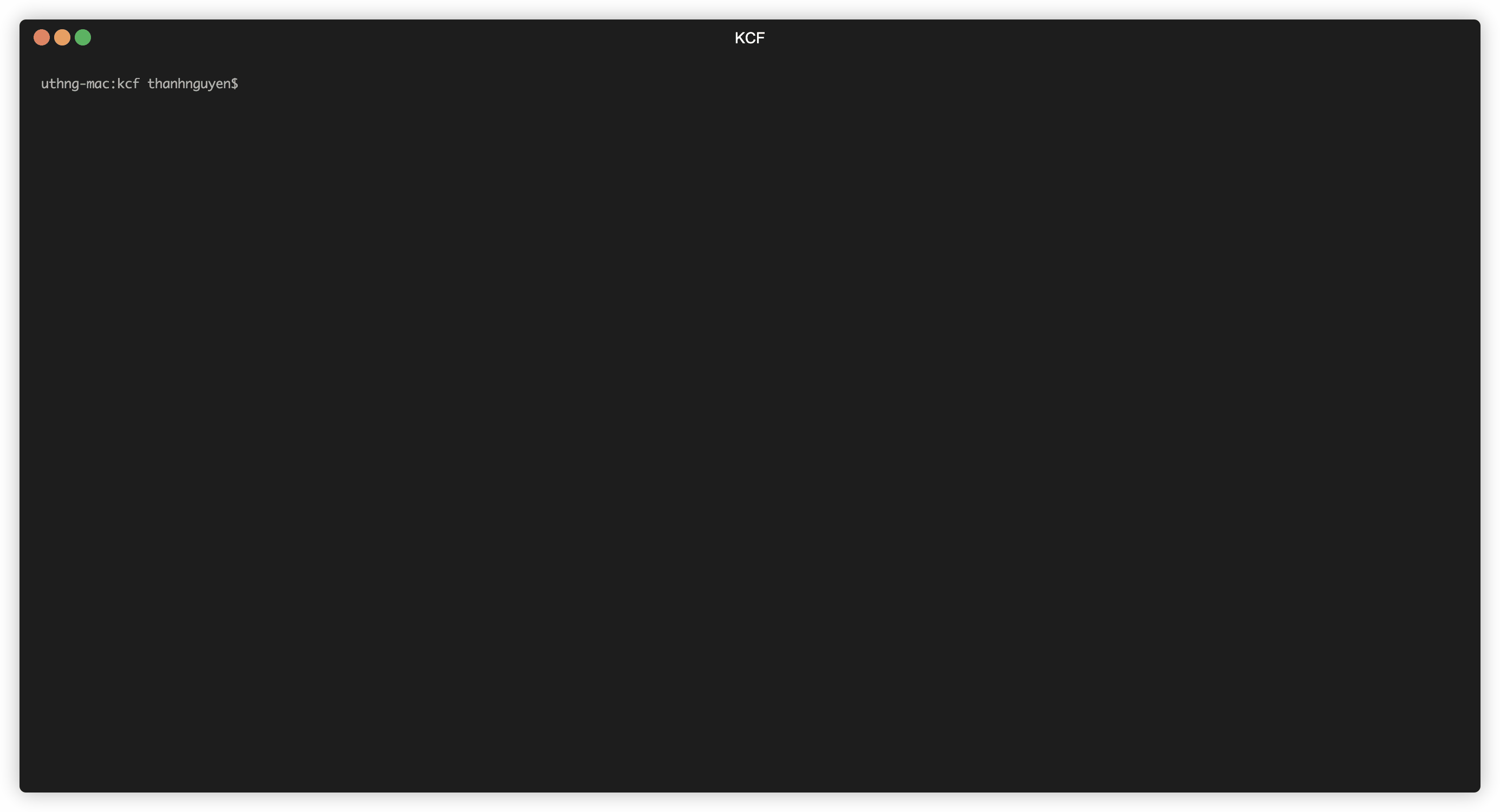wrapf is a small script wrapping kubectl, kustomize, terraform with Fzf to allow you to select one or multiple resources and perform an action on them.
For kubectl, you use wrapf in the same way as you use kubectl because wrapf uses almost the same syntax, same commands, same resource types and same options as kubectl does, except for several small differences as described in the usage section.
Usage: wrapf <CMD> <TYPE> <OPTION1>...<OPTIONX> -- <ARG1> ... <ARGX>
CMD: exec, logs, describe, delete, rollout, scale, autoscale, label, annotate, view, kb, ka, kd, tfwsa, tfwsp, tfwsd, tfwsr.
TYPE: all kubectl resource types supported by the above commands.
OPTIONS: all kubectl options normally used with the above commands & types.
ARGS: command shell with its arguments to be executed in the containerDescribe a pod in a given namespace:
$ wrapf describe pod -n istio-systemExecute a command shell in a container within a pod:
$ wrapf exec pod -n default -- ls -laExecute a interactive shell in a container within a pod:
$ wrapf exec pod -n istio-system -it -- bash
Watch logs of a container within a pod in a given namespace:
$ wrapf logs pod -n istio-system -f
Execute a commanwrapfd shell in a container within a pod with --all-namespaces:
$ wrapf exec pod --all-namespaces -- ls -laDelete a ressource:
$ wrapf delete secretsView secret data entry:
$ wrapf view secrets -n mongodbExecute kustomize build:
$ wrapf kb ./envsExecute kustomize build and kubectl apply:
$ wrapf ka ./envsExecute terraform plan in a workspace that we are going to select in fuzzy:
$ wrapf tfwsaExecute terraform apply in a workspace that we are going to select in fuzzy:
$ wrapf tfwsaExecute terraform destroy in a workspace that we are going to select in fuzzy:
$ wrapf tfwsaRemove a workspace that we are going to select in fuzzy:
$ wrapf tfwsr- Manual: MacOS, Linux and any POSIX environment with Bash/Zsh installed.
- Homebrew: soon and recommanded for MacOs.
$ sudo git clone https://github.com/uthng/wrapf.git /opt/wrapf
$ chmod +x /opt/wrapf/wrapf
$ sudo ln -s /opt/wrapf/wrapf /usr/local/bin/wrapfComming soon.
- For each command,
wrapffirst gets a list of resources corresponding to the given type (pods, deployment, pvc, etc) in the current namespace, in all namespaces or maybe with filters used commonly inkubectl get - Then,
wrapfpasses it toFzfto allow you to select one or multiple values depending on command type. - Once a value selected,
wrapfperforms the given command with commonkubectloptions, if specified. - If a container needs to be specified,
wrapfdoes anothergeton the related pod to retrieve the container list and passes it toFzf. - If the command is not supported (neither be in kubectl command list nor in custom one),
kubectlwill be used as fallback. - It works in the same way for
kustomizeorterraform.
Notes: Not all but wrapfcan be used with almost common commands, resource types, filters and options as you usually do with kubectl. The only thing you must respect is the syntax:
wrapf <CMD> <TYPE> <OPTION1>...<OPTIONX> -- <ARG1> ... <ARGX>
